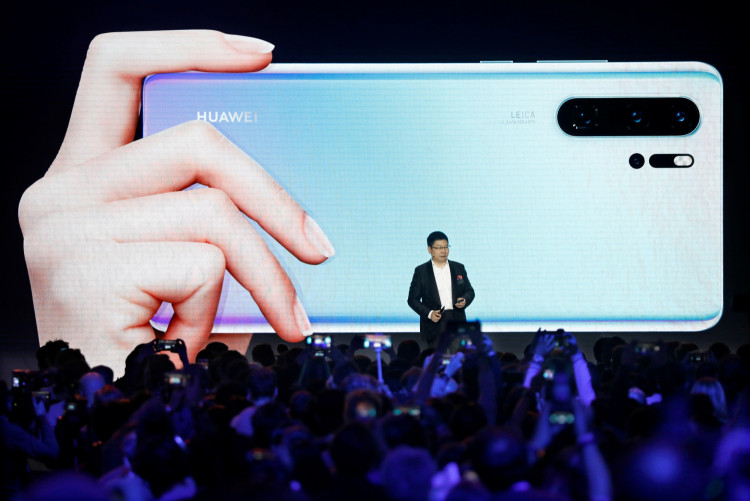British chip designer ARM dropped a virtual bomb earlier this week when it announced that its employees would suspend cooperation with Huawei for the time being. ARM is the major supplier of reference designs and chips in nearly every smartphone in the market.
As expected, the news spread like wildfire, with majority of netizens commenting that this could be the end for Huawei. However, the Chinese smartphone vendor may not be completely out of options. A report from Taiwan confirms that Huawei's current SoC supply will not be affected by the decision of ARM and the United States.
However, it cannot be denied that the implications of ARM cutting ties with Huawei when it comes to using its chip designs and cores are massive. If the decision is finalized, Huawei will be once again forced to create a design from the ground up, this time, its silicon. The company also has to ensure that the design will not infringe upon ARM's Intellectual Property. It will be a challenging task for sure, but during this time, the company will effectively be without processors for its smartphones.
Huawei has a full year before any potential action from ARM affects the company. Its 7nm chips have already been developed and mass production for the SoCs will be completed soon. The good news is that TSMC issued a statement bringing good news to Huawei's fans and employees.
At TSMC's Technology Symopsium 2019, the company's spokesperson Elizabeth Sun confirmed that TSMC's chip shipments to Huawei are not affected by the US' statements. According to Ms. Sun, TSMC will continue to supply chips to Huawei for the time being. The news is definitely a breath of fresh air considering American companies seem to be bent on shunning the Chinese company.
TSMC is expected to revolutionize semiconductor fabrication further than any other company. Its N7+ process will be used to create and design processors for the 2019 iPhone lineup using advanced EUV lithography. Next year the fab will move to 5nm processors, as it continues to shrink the semiconductor node.
As for Huawei, the company has to wait things out and hope that the ban will be reversed soon. Good thing the company's CEO is keeping things positive and seems confidence that this would happen soon.
Alternatively, the company can always look for more options such as the open source RISC-V instruction set architecture, which huge companies like Western Digital and Nvidia has already adopted.






